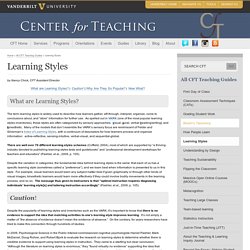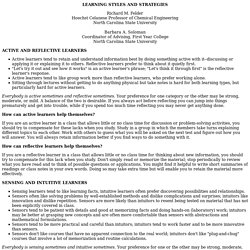

Videos to help you rethink education, learning, & school. Having children causes one to (re)think seriously about education and the role of school.

Education obviously is the most powerful thing in the world. And yet the old Mark Twain chestnut — "I never let school get in the way of my education" — speaks to the core of my own thinking regarding education. I am not an expert in education by any means, but like almost everyone, I have strong ideas based on my personal experiences going through formal, mass schooling.
Personally, the best years where I learned the most and was inspired to study and learn on my own were surely the six years of elementary school, and then university and graduate school. One thing I am sure of is that while listening carefully to teachers (and to the masters, etc.) is important, the real learning requires lots and lots of doing, not just listening. Seth Godin on EducationIn this short interview, Seth Godin sums up the essence of the problem. Dr. Presentation tips for teachers (Never give a boring lecture again!) Learning Styles & Preferences. By Nancy Chick, CFT Assistant Director What are Learning Styles?

| Caution! | Why Are They So Popular? | Now What? Felder & Soloman: Learning Styles and Strategies. Richard M.

Felder Hoechst Celanese Professor of Chemical Engineering North Carolina State University Barbara A. Soloman Coordinator of Advising, First Year College North Carolina State University Active learners tend to retain and understand information best by doing something active with it--discussing or applying it or explaining it to others. Reflective learners prefer to think about it quietly first. Everybody is active sometimes and reflective sometimes. How can active learners help themselves? If you are an active learner in a class that allows little or no class time for discussion or problem-solving activities, you should try to compensate for these lacks when you study.
How can reflective learners help themselves? If you are a reflective learner in a class that allows little or no class time for thinking about new information, you should try to compensate for this lack when you study. Everybody is sensing sometimes and intuitive sometimes. How can sensing learners help themselves?
Visual Communication. Concept Maps. Visual Thinking.